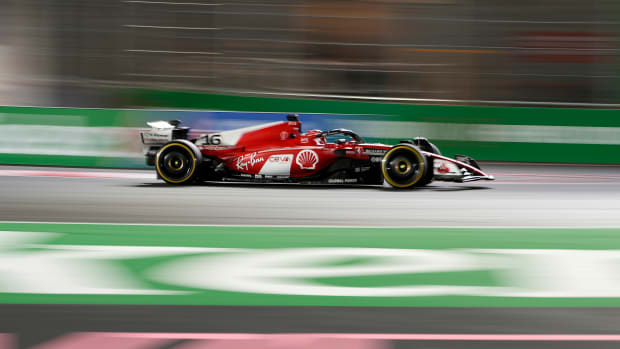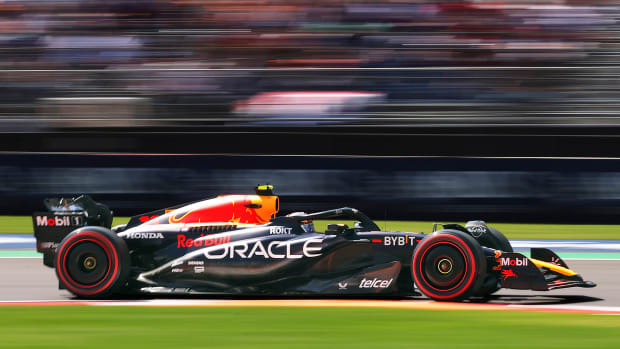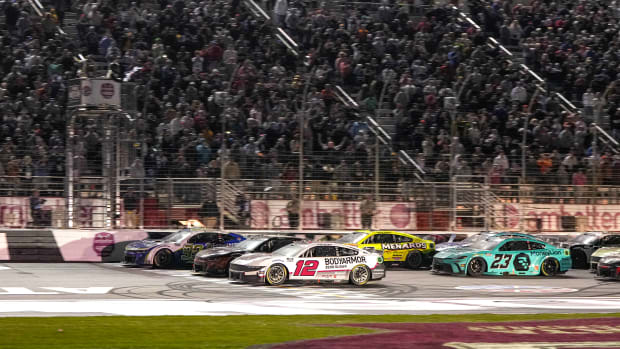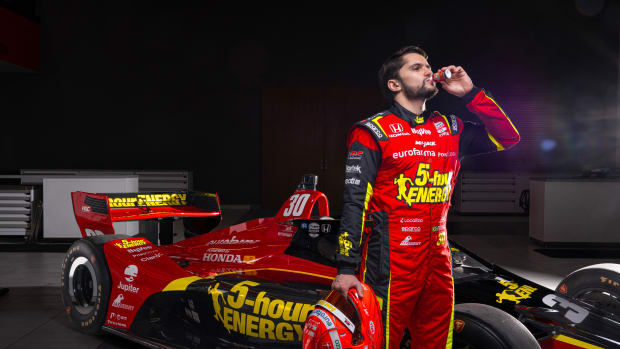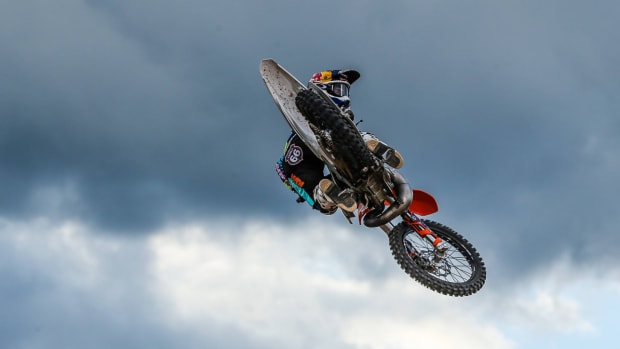Scary crashes can be harsh reminders about Indy's danger
INDIANAPOLIS (AP) Josef Newgarden never experienced a scarier ride than this week at Indianapolis.
First, he hit a concrete wall going over 200 mph. Then after his car flipped, he waited helplessly Thursday for it to skid to a stop -- his head barely dangling above the 2.5-mile oval's asphalt surface.
''You're generally thinking, `This isn't good' and `What the heck happened?' all in the same instance,'' Newgarden said Friday, returning to the track less than 24 hours after the spectacular crash. ''You're just sliding along and the thing's sparking and you're hoping for it to stop and when it stops, you just want to get out.''
Sure, the 24-year-old Tennessee native knew the dangers of open-wheel racing when he started pursuing his dream. And yes, he walked away with no serious injuries in a crash believed to have been caused by a cut tire.
But a big hit like that one is a stark reminder of how risky this business can be, especially at a place as unforgiving as the Brickyard.
Here, the IndyCar Series produces its fastest speeds and most visible show, the Indianapolis 500. Here, drivers must contend with tricky winds, changing temperatures and different conditions in all four corners. Here, when a driver conquers the track, there is no greater reward, and here, mistakes can be painful and frightening.
Brazil's Helio Castroneves knows better than anyone in today's series.
Despite winning the 500 three times, finishing second twice, taking four poles and turning this venue into his own personal proving ground, the Team Penske driver found out Wednesday how fleeting success can be.
After completing his first practice lap of the day a little over 219 mph, the No. 3 car wiggled in the first turn, whipped around, slammed into the outer wall, spun backward and the air underneath the car sent launched Castroneves into the air.
He, like Newgarden, was not seriously hurt, though he did spend some of that afternoon resting before climbing back into the cockpit.
''It was smooth taking off, more smooth than the landing,'' Castroneves said then. ''I did not expect to go flipping up backward. I was very surprised by that.''
The sensation of going airborne in racing has, fortunately, been on the decline but it still happens.
Two-time Indy winner Dan Wheldon was killed at a race in Las Vegas in 2011 when his car sailed approximately 325 feet and slammed into a catch-fence post. Three-time Indy winner Dario Franchitti was forced to retire after his car flew into the catch-fence in a 2013 wreck at Houston. Former IndyCar driver Mike Conway avoided ovals after his late-race crash at Indy in 2010, when his car went flipping through the air and into the catch-fence.
While some, such as 1986 Indy winner and current team owner Bobby Rahal, note the risks increase with higher speeds, drivers don't necessarily see it the same way.
In 1996, Arie Luyendyk set Indy's track records for the fastest single lap in qualifying, 237.498, and the fastest four-lap qualifying average, 236.986. The next year, Luyendyk won the pole with a speed of 218.263 in a car he was not comfortable in.
''I never had a car drive that good. I never got scared,'' the two-time Indy winner said Friday when asked to reflect on the '96 record. ''It's funny because people ask me, `Did you scare yourself driving so fast,' and I go, `No, it was anything, but.' The following year with the new IRL cars, they changed the rules and built new cars and slower engines. We did 218 and I scared myself with that car practically every day.''
Conquering those fears is a key part of this game.
Drivers who don't push the limits can't win.
Those who run too hard or encounter too much bad luck will learn some tough lessons the old-fashioned way.
''This was probably the hardest hit that I've ever had,'' Newgarden said. ''I've never hit a wall like that before. It's the quickest accident I ever had. I didn't even see it coming. Most accidents, you know when it's going to happen. That one I didn't know that it was going to happen.''
